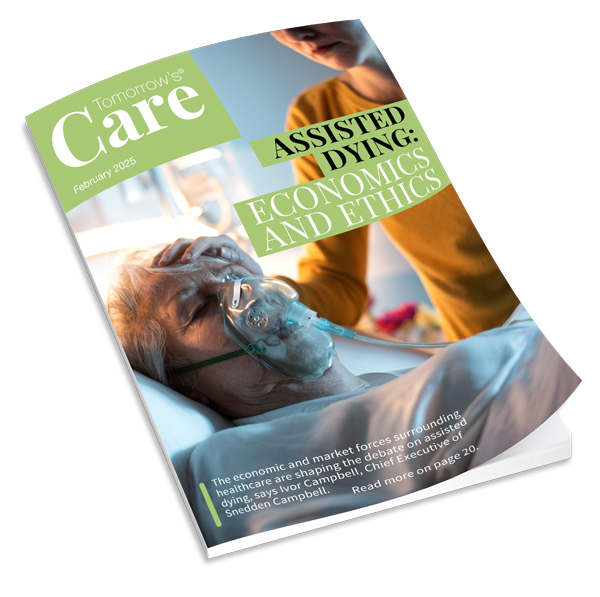The Health Foundation’s REAL Centre has published new research that highlights the huge and growing workforce gap facing the NHS and social care in England over the next decade.
It finds that by 2030/31, up to an extra 488,000 health care staff would be needed to meet demand pressures and recover from the pandemic – the equivalent of a 40% increase in the workforce, double the growth seen in the last decade. Alongside this, up to 627,000 extra social care staff would be needed to improve services and meet need – a 53% growth over the next decade and four times greater than the increases of the last ten years.
A major boost in the workforce would require significantly more funding over the next 10 years. While the recent funding settlement will go some way to helping the NHS recovery, the REAL Centre’s report sets out that funding for the NHS alone will need to grow at twice the rate of the last decade, and much closer to the historic average. This would mean at least 3.2% annual real terms funding increases for health, around £70bn extra by 2030/31. In social care, the next decade will need to see funding rise more quickly than the NHS, sharply reversing a trend over the last decade where NHS spending increased by 20% and social care spending didn’t grow.
Public spending on health care in the UK totalled £177bn in 2019, which equates to £2,647 per person for the year. While these are huge sums, this is less than the EU14 average and significantly less than the G7 average, including France and Germany. The findings suggest UK spending will need to rise in the coming decade to meet the care needs of the population, if care is not to fall well short of the standards available in Western Europe.
The findings also highlight the need for longer term policymaking, to avoid short-term fixes that may prove to be more expensive over the long run. The required increases in funding and the workforce are driven by an ageing population, rising numbers of people with long-term chronic health problems, and a major backlog in care as a result of the pandemic. Without additional funding and planning to increase the workforce, the report highlights a growing gap between the demands on services, particularly primary, acute, mental health and social care, and the staff and resources available to provide care.
The scale of the workforce challenge means action from government is needed on several fronts, including investment in training and recruitment, both domestically and internationally. It also means ensuring that staff salaries, terms and conditions are competitive compared to other work, and that flexible working, progression and career opportunities are all available to encourage new people to join the profession and existing workers to stay.
The projected gap in the workforce is in addition to current vacancies across the health and care system – with the NHS 94,000 short of staff and social care at 112,000. The Health Foundation has highlighted that given the time it takes to train new staff and trends in funding for workforce education and training, the findings call into question the extent to which it will be possible to meet growing demand for care and address the backlog of care over the next decade without a significant boost for workforce training in the spending review. In addition, in order for health care needs to be met in the future there will need to be a plan to ensure the NHS has the equipment and resources it needs to deliver care more effectively, including new technology and equipment, and an adequate building estate.
Anita Charlesworth, the Health Foundation’s Director of Research and REAL Centre said: “If the Government doesn’t take action now to invest in the workforce the NHS and social care system are likely to face a decade of increasing staff shortages. 5.6 million people are already waiting for care and the health service desperately needs more staff. Workforce shortages are the biggest risk to post pandemic recovery. Despite the more immediate challenges posed by COVID-19, the government must not lose sight of the underlying demand and cost pressures facing the NHS and social care over the long term and the need to plan better to increase the workforce to meet this demand.
“‘The money needed to meet pressures in health and social care will need to rise significantly beyond the current settlement, and at an even faster rate in social care. This means the government faces a major balancing act of priorities in the coming decade.
“In the forthcoming spending review it is vital that the government’s recent commitment to put money into day-to-day NHS care is matched with investment to train the health and care staff needed. A comprehensive fully funded workforce plan should be the top priority for government. Without it our health and social care service will be unable to keep up with demand, and care will fall well short of standards in other Western European nations.”


























